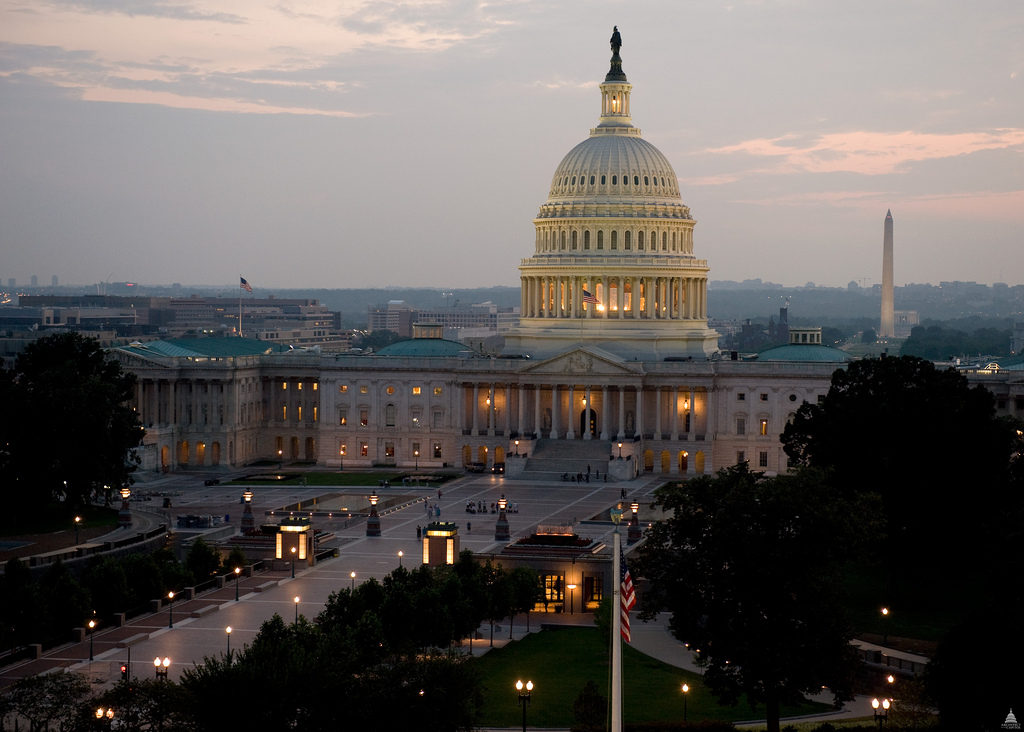Two weeks after Attorney General William Barr sent a letter to Congress detailing White House Special Counsel Robert Mueller’s nearly 400-page investigation into collusion between President Donald Trump’s 2016 campaign and Russia, the House Judiciary Committee voted on Wednesday to authorize a subpoena for the full, unredacted report. Barr said last week that he would make the report available, but only a redacted version in accordance with federal law by mid-April, “if not sooner.”
Within Barr’s four-page letter to congressional leaders after the completion of the investigation, on the case of Russian interference, which is divided into two parts, the report stated the “investigation did not find that the Trump campaign or anyone associated with it conspired or coordinated with Russia in its efforts to influence the 2016 U.S. presidential election.”
The second part of Barr’s letter describes the findings of obstruction of justice charges, which “addresses a number of actions by the President – most of which have been subject of public reporting – that the Special Counsel investigated as potentially raising obstruction-of-justice concerns.”
Mueller “did not draw a conclusion – one way or the other – as to whether the examined conduct constituted obstruction. Instead…the report sets out evidence on both sides of the question and leaves unresolved what the Special Counsel views as ‘difficult issues’ of law and fact concerning whether the President’s actions and intent could be viewed as obstruction,” Barr explained, thereby concluding that while Trump did not commit a crime, the report “‘also does not exonerate him.’”
Special Counsel Mueller, “without reaching any legal conclusions leaves it to the Attorney General to determine whether the conduct described in the report constitutes a crime.”
Barr wrote, “After reviewing the Special Counsel’s final report on these issues; consulting with [Justice] Department officials, including the Office of Legal Counsel; and applying the principles of federal prosecution that guide our charging decisions, Deputy Attorney General Rod Rosenstein and I have concluded that the evidence developed…is not sufficient to establish that the President committed an obstruction-of-justice offense.”
Nevertheless, Democratic lawmakers are now going after the attorney general following the findings not being in their favor.
“The Constitution charges Congress with holding the president accountable for alleged official misconduct. That job requires us to evaluate the evidence for ourselves — not the attorney general’s summary, not a substantially redacted synopsis, but the full report and the underlying evidence,” House Judiciary Committee Chairman Jerry Nadler (NY-10) said in a report from NBC News.
Congressman Nadler did remark that the Democrat-controlled panel does not plan to immediately issue the subpoena and would “give [Barr] time to change his mind.” However, the New York Democrat’s actions have been criticized as moving towards violating privacy rights of witnesses interviewed by Special Counsel Mueller, possibly regarding national security interests.
Barr said in a letter to lawmakers last Friday that certain information must be redacted before the report is released, including secret grand jury information, intelligence sources, and methods and information that, according to federal law, cannot be public, or could infringe on privacy. Moreover, he added that his “goal and intent is to release as much of the Special Counsel’s report as I can consistent with applicable law, regulations, and Departmental policies.”
A Republican lawmaker introduced an amendment Wednesday morning to eliminate grand jury information from the documents requested in the subpoena, but the measure failed on a party-line vote.
Other members of the GOP have slammed the panel’s Democratic members for being “reckless” in their mission to find something to harm President Trump.

